Changes in our working lives caused by the Covid-19 crisis have created significant communications challenges for organisations of all sizes.
The rapid move from business as usual to home working has forced us all make changes, but there’s more to quality internal communications than moving all your meetings to Zoom.
This week I spoke with a friend who holds a senior role at a major international company. He told me that since moving to home working the number of conference calls he has been invited to has got out of control. Monthly catch-ups have become weekly. Weekly catch-ups have become daily. Daily office chats have become phone calls at all hours. As a result, he said, he was finding it hard to carve out the time to actually do his work.
So how do we ensure that we communicate effectively without impacting productivity or harming the wellbeing of our colleagues?
There’s no single answer to getting this right, and specific strategies and communication tools will vary from organisation to organisation.
Here are our three top tips for getting your internal communications right during this challenging period.
Get the balance right
Over-communication can be as counter-productive as bad as under-communication.
Micro-managing staff who are already feeling the pressure of living through a global crisis, juggling complex family lives and adapting to new ways of working won’t improve your productivity – quite the opposite.
Place your trust in your teams to fulfil their roles and give them the space they need to work. Encourage them, where possible, to stick to normal office hours and ensure that they get the chance to rest and recover.
Remember to listen
You’ll doubtless have important information you need to get to your teams, but remember that communication is a two-way process. Share the information you need to share, but remember the importance of listening too.
Provide opportunities for your teams to give find back on what’s working, what’s not, and what their concerns are. Take the time to find out about their successes and celebrate them.
Don’t be too hard on yourself
If things aren’t working as well as you’d like, don’t beat yourself up. This is new for all of us, and the important thing is to learn from your mistakes. No one knows how long it will be before life returns to normal. In fact there’s a strong chance that home working will become more common when the crisis is over, so what you learn now is likely be a good investment for the future of your organisation.
- Need advice or support? Contact us to find out how we can help you redesign your internal communications strategy in these changing times.





